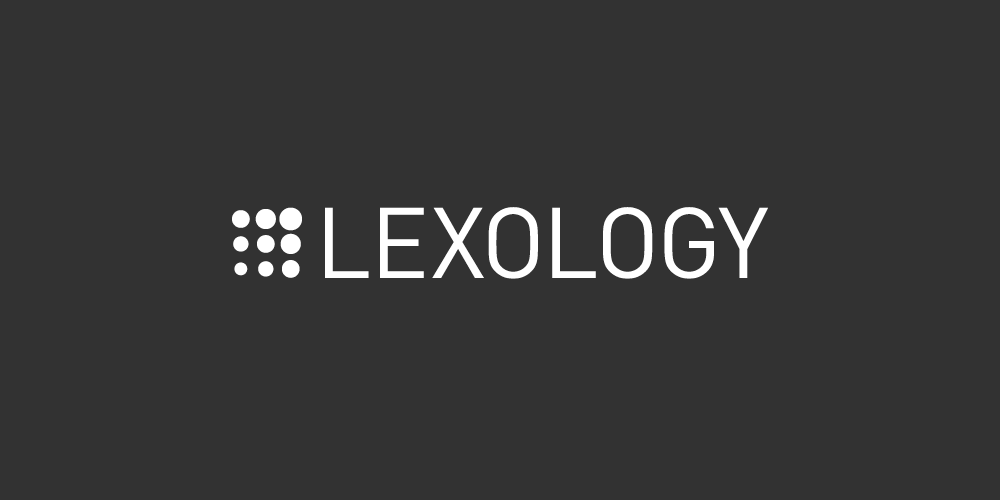
BACKGROUND
In September 2022, the European Commission[2] (EC) proposed the Artificial Intelligence (AI) Liability Directive[3], aiming to adapt non-contractual civil liability rules to AI. This initiative seeks to modernise the European Union (EU) liability framework to address damages caused by AI systems, ensuring equivalent protection for those harmed by AI as other technologies. The directive introduces a rebuttable ‘presumption of causality’, easing the burden of proof for victims, and empowers national courts to demand evidence disclosure for high-risk AI systems suspected of causing damage.[4]
KEY REQUIREMENTS
The directive aligns with the broader EU strategy for trustworthy AI, addressing liability complexities in AI technology usage across various sectors. The existing EU liability framework, including the Product Liability Directive and national rules, is being reformed to address challenges posed by AI, particularly the difficulty in proving fault or causality due to AI’s opaque and complex nature. The directive proposes a fault-based liability regime for damages caused by AI, irrespective of the AI system’s risk level under the AI Act.
IMPLICATIONS
This directive marks a significant change in AI-related liability claims, influencing EU Member States and potentially setting a global precedent. This is particularly relevant for countries like Indonesia, where AI use is increasing.
- Global Regulatory Influence: The EU’s directive may inspire similar global laws, affecting AI technology compliance and legal practices worldwide.
- Legal and Financial Risks: AI technology users and developers could face heightened legal challenges and financial liabilities, highlighting the need for proactive compliance.
- Operational Adjustments: Companies, especially those dealing with the EU market, might need to modify operations to meet new AI liability laws, necessitating an understanding of EU and local regulations.
CONSIDER
- Legal Preparedness: Businesses in Indonesia and elsewhere should prepare for the potential implications of this EU directive, especially those with ties and dealings with the EU market.
- AI Compliance Strategy: Developing a strategy to ensure compliance with the evolving legal landscape around AI, including understanding the presumptions of causality and evidence disclosure requirements, is vital.
- Cross-Border Legal Consultation: Given the international nature of AI technologies, seeking legal advice that encompasses both EU and local Indonesian regulations is recommended.
CONCLUSION
The EU’s AI Liability Directive represents a pivotal development in international technology law, setting a precedent for AI liability that could influence future legislation worldwide. Businesses and legal practitioners in Indonesia and globally should closely monitor these developments, adapting their operational and legal strategies accordingly to navigate this changing landscape.
